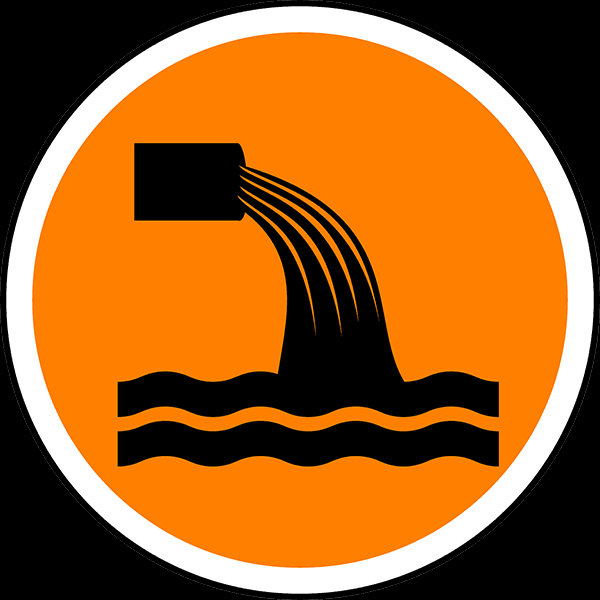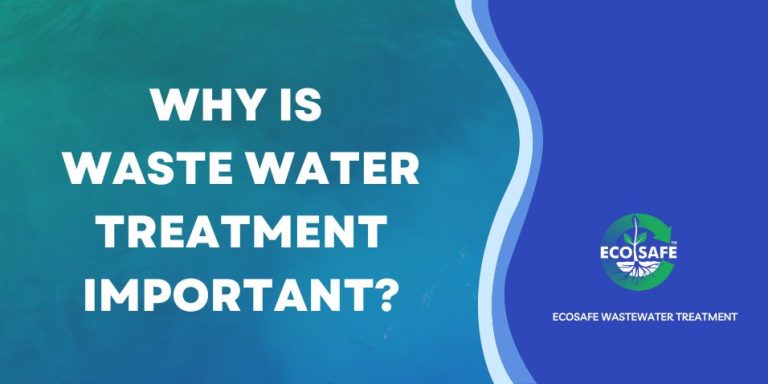Reclaim Waste for Beginners
Reclaim Waste for Beginners
Blog Article
Some Ideas on Reclaim Waste You Should Know
Table of ContentsThe Facts About Reclaim Waste RevealedSome Ideas on Reclaim Waste You Need To KnowIndicators on Reclaim Waste You Need To KnowUnknown Facts About Reclaim WasteSome Known Incorrect Statements About Reclaim Waste
Domestic sewer waste refers to the waste and items from a residential septic container. The appropriate administration and disposal of domestic sewer waste require fluid waste to be transferred to a sewage therapy plant where the correct approaches and devices are used to cleanse and dispose of waste.
Commercial waste frequently includes possible hazards, such as combustible materials or a mix of fluid and solid waste items, and requires an advanced and in-depth disposal procedure. The disposal of commercial waste typically includes the purification of waste before transportation to make certain safe and correct disposal. Hazardous waste is developed from by-products and overflow of commercial procedures and production.
This sort of waste can not use the very same sewer administration transportation or procedures as septic or business fluids. The industrial waste administration procedure calls for the evaluation and screening of liquid waste prior to it goes through the disposal procedure (industrial wastewater treatment). Overflow waste is the liquid waste that comes from overflow and excess stormwater in extremely booming areas or cities
Overflow waste can trigger contamination and flooding if not taken care of effectively. Learn extra about sewer cleaning and waste monitoring. Making certain correct waste management can stop disasters and lower ecological injury. Both individuals in residential setups and professionals in industrial or manufacturing markets can take advantage of comprehending the processes and regulations of fluid waste management.
The Reclaim Waste Diaries
Get in touch with PROS Providers today to find out about our waste monitoring and disposal services and the appropriate ways to take care of the fluid waste you create.
(https://www.imdb.com/user/ur191403836/?ref_=nv_usr_prof_2)This supposed 'wastewater' is not just an essential source but, after therapy, will be launched to our land, waterways or the ocean. Utilized water from commodes, showers, baths, kitchen area sinks, laundries and industrial processes is recognized as wastewater.

water utilized to cool down equipment or tidy plant and devices). Stormwater, a type of wastewater, is overflow that moves from agricultural and city locations such as roofings, parks, yards, roads, a fantastic read courses and seamless gutters right into stormwater drains, after rain. Stormwater moves neglected straight to neighborhood creeks or rivers, at some point reaching the ocean.
How Reclaim Waste can Save You Time, Stress, and Money.
In Queensland, the majority of wastewater is treated at sewage treatment plants. Wastewater is carried from domestic or commercial sites through a system of sewage systems and pump stations, recognized as sewerage reticulation, to a sewage therapy plant.
The Department of Natural Resources suggests city governments concerning managing, operating and keeping sewerage systems and therapy plants. In unsewered areas, local federal governments might need homeowners to install individual or house sewer treatment systems to treat residential wastewater from toilets, kitchen areas, washrooms and washings. The Department of Natural Resources authorises making use of family systems when they are confirmed to be efficient.
In some new subdivisions, treatment of some stormwater to eliminate trash, sand and gravel has started making use of gross toxin traps. Wastewater therapy takes place in 4 phases: Removes solid matter.
Makes use of small living microorganisms recognizes as micro-organisms to break down and get rid of remaining dissolved wastes and fine fragments. Micro-organisms and wastes are integrated in the sludge.
Reclaim Waste Fundamentals Explained
Nutrient removal is not readily available at all sewage treatment plants since it needs costly specialized tools. Clear fluid effluent created after treatment might still have disease-causing micro-organisms - liquid waste disposal melbourne.

This typically indicates wastewater has actually to be treated or pollutants eliminated before it can be discharged to rivers. A lot of wastewater moves right into the sewerage system. Under the Act, city governments carry out authorizations and permits for eco relevant tasks (Periods) including wastewater releases that could have a regional impact. The division provides approvals and permits to ERAs entailing wastewater releases that could have a regional or statewide influence.
The Buzz on Reclaim Waste
Surveillance supplies accurate information about water high quality and can verify that licence conditions are being satisfied. The information gotten via monitoring provides the basis for making water quality decisions.
Report this page